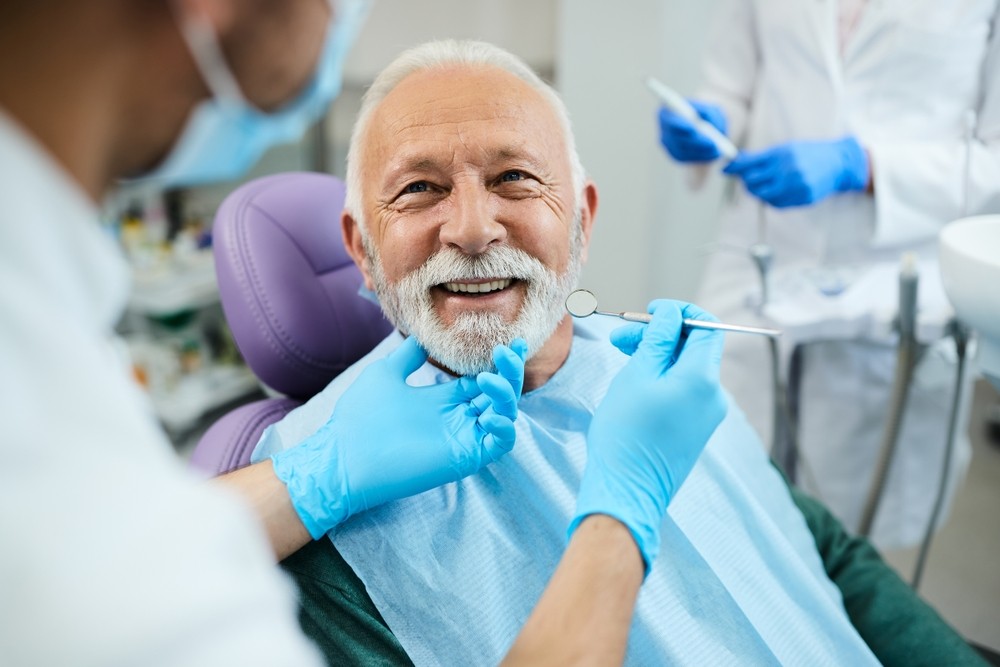In 2025, those suffering from varicose veins will find solace in a new era of medical advancements dedicated to treating this common vascular condition. Discover the forefront treatments paving the way in vascular medicine and offering long-term relief for an issue that plagues many.

Advantages of These Treatments
The evolution of medical technology has made treating varicose veins more efficient and comfortable. Minimally invasive treatments are at the forefront, offering multiple advantages over traditional surgical methods. Key benefits include reduced risk of infection, minimal scarring, and significantly less downtime, which allows patients to resume their daily activities sooner.
Moreover, these advancements are characterized by precision and efficacy. New techniques such as endovenous laser treatment (EVLT), radiofrequency ablation (RFA), and sclerotherapy are revolutionizing how varicose veins are addressed. Patients also benefit from these procedures being performed in an outpatient setting, avoiding the need for hospital stays and considerably reducing the overall cost of treatment.
An additional advantage is the ability to customize treatment plans according to the patient's unique needs. As varicose veins vary in severity and presentation, modern diagnostics, including ultrasound technology, allow specialists to map the patient's venous system accurately. This ensures that treatment targets the affected veins with precision, thereby optimizing outcomes and minimizing potential complications.
To explore more about these treatment options, visit VIP Medical Group, which provides a comprehensive overview of the best treatments currently available.
Treatment Suitability and Process
Determining the appropriate treatment for varicose veins involves a detailed evaluation of the patient's condition. Suitability is based on various factors, including the severity of the vein issues, the patient's medical history, and their lifestyle.
- Endovenous Laser Treatment (EVLT): Best suited for larger veins, this method uses laser energy to collapse and seal the affected veins.
- Radiofrequency Ablation (RFA): Similar to EVLT, RFA utilizes radiofrequency energy to close off problematic veins, often recommended for patients with larger vein issues.
- Sclerotherapy: Ideal for smaller varicose veins and spider veins, this treatment involves injecting a sclerosing solution into the veins, causing them to fade over time.
The process for these treatments generally starts with a comprehensive examination and an ultrasound scan. This helps in diagnosing the exact cause and location of the varicose veins, allowing the specialist to tailor the treatment plan accordingly. Depending on the patient’s condition, a combination of these modalities might be recommended to achieve the best results.
Patients interested in learning more about the best treatment options can refer to Metro Vein Centers Blog.
Treatment and Recovery Experience
The patient’s experience during and after treatment plays a crucial role in the overall satisfaction and success of varicose vein solutions. With minimally invasive procedures, the treatment and recovery process is vastly improved compared to traditional surgical methods.
During the procedure, local anesthesia or mild sedatives are used, reducing discomfort significantly. Treatment sessions typically last between 30 to 60 minutes, allowing patients to return home the same day. This outpatient facet of modern treatments not only reduces medical costs but also lessens the psychological stress associated with surgery.
Post-treatment, recovery is notably swift. Most patients report returning to normal activities within one to two days. However, mild discomfort, bruising, or swelling can occur but are normally transient. Following post-procedure instructions, such as wearing compression stockings and avoiding prolonged standing or strenuous activities, can expedite healing and enhance treatment effectiveness.
Access more information on treatment and recovery processes at USA Vein Clinics.
Consulting a Specialist
Consultation with a specialist remains a pivotal step in managing varicose veins effectively. A board-certified vascular specialist or phlebologist possesses the expertise necessary to evaluate and recommend the most suitable treatment options. Many clinics provide initial consultations to assess the condition and discuss potential treatment pathways.
Choosing the right specialist involves considering factors such as their experience, patient reviews, and the technologies available at their practice. It is also essential to prepare questions regarding the treatment process, potential complications, and expected outcomes to make an informed decision.
For peace of mind, seeking a second opinion can be beneficial, especially if the initial recommended treatment seems invasive or if there are doubts concerning its necessity. Information about various specialists and clinic services is readily accessible online, enabling prospective patients to make well-informed choices.
As 2025 ushers in groundbreaking advances in venous health, those affected by varicose veins can look forward to treatments that are less invasive, more effective, and tailored to their specific needs. With expert guidance and cutting-edge technology, achieving enduring relief from varicose veins is more attainable than ever before. Whether you are just beginning to explore treatment options or have been managing this condition for years, these minimally invasive solutions promise a future where varicose vein symptoms can be managed confidently and comfortably.




